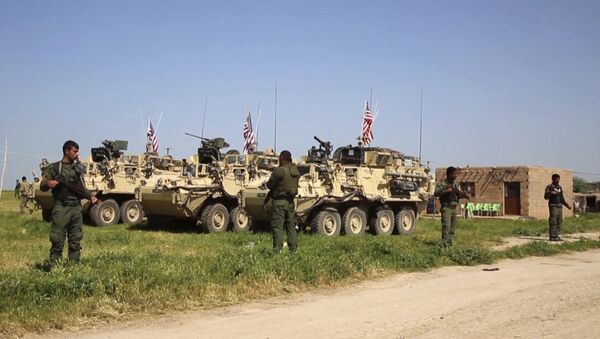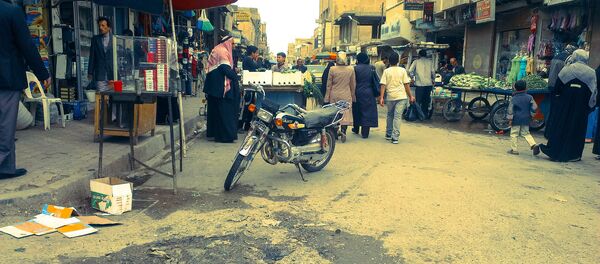"Once ISIS is defeated in Mosul, the greatest challenge to the Iraqi government is to reconcile the differences between the Shia-dominated government, the Sunnis out west, and the Kurds up north," he said.
The Kurdish ethnic group, with populations spanning Iraq, Iran, Turkey, Armenia and Syria, includes adherents to Islam, Christianity, Yarsanism, Yazidism, Alevism and Judaism, but a majority of Kurds are Sunni Muslim. There are an estimated 30 million Kurds, considered to be one of the largest stateless groups in the world.
"Senior officials in the Kurdistan Region of Iraq have declared the intention to hold in 2017 referendum on the future status of the region," UN Special Envoy to Iraq, Ján Kubiš, said in New York on Monday.
"They stressed the objective of the plebiscite would be show to the world the will of the people rather than to immediately declare independence," Kubiš added.
Resolving ownership of the Kirkuk oil field in northern Iraq, in particular, will be a “significant” political challenge heading into the next round of Iraqi elections, Stewart said.
If the Kurds opted to abstain from this vote, and hold a referendum on their own independence instead, Baghdad would quickly assent to the new state of Kurdistan, a Kurdish official in Iraq said.
"The international community will welcome it too … then the Kurds won’t need these elections," said Musana Amen, chief of the Kurdistan Islamic Union caucus in the Iraqi parliament.
Tensions are likely to surface between Washington and one of its NATO allies if a Kurdish state does become a reality in northern Iraq. The Kurds, long a thorn in Ankara’s side, have been the target of a crackdown by Turkish President Recep Tayyip Erdogan in recent years.
Demonstrators outside the Turkish embassy in Washington protesting Erdoğan’s policies while the Turkish president visited the US capital earlier this month were assaulted by members of his security detail; a DC police officer was among the hospitalized.
— Beatrice-Elizabeth (@MissBeaE) May 17, 2017
According to Ankara’s version of the story, the protesters were affiliated with the Kurdistan Worker’s Party (PKK), a Turkey-born militant-political movement among Kurds that Erdogan’s regime considers terrorists.



